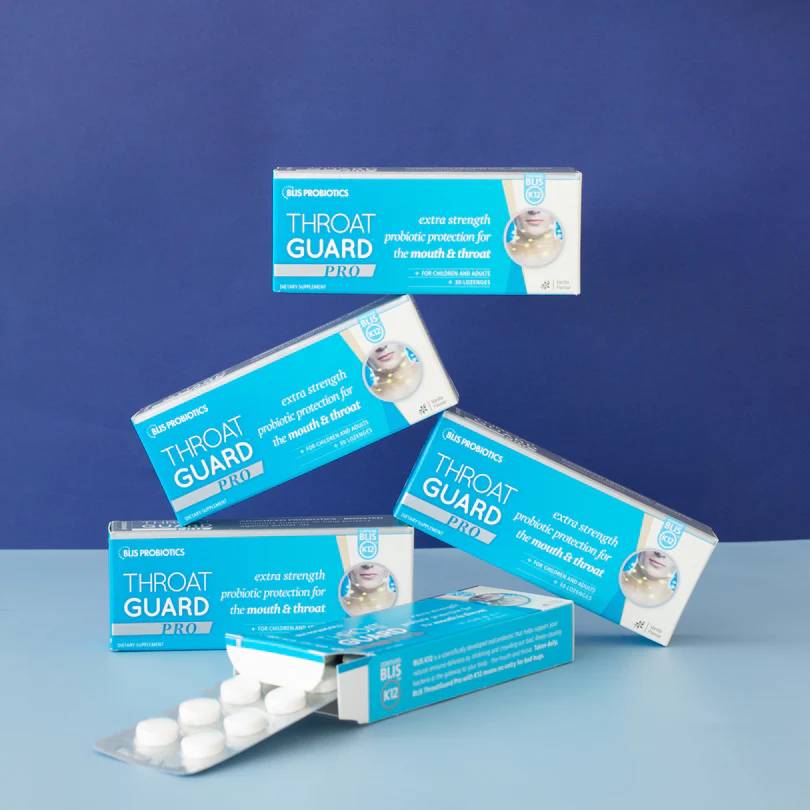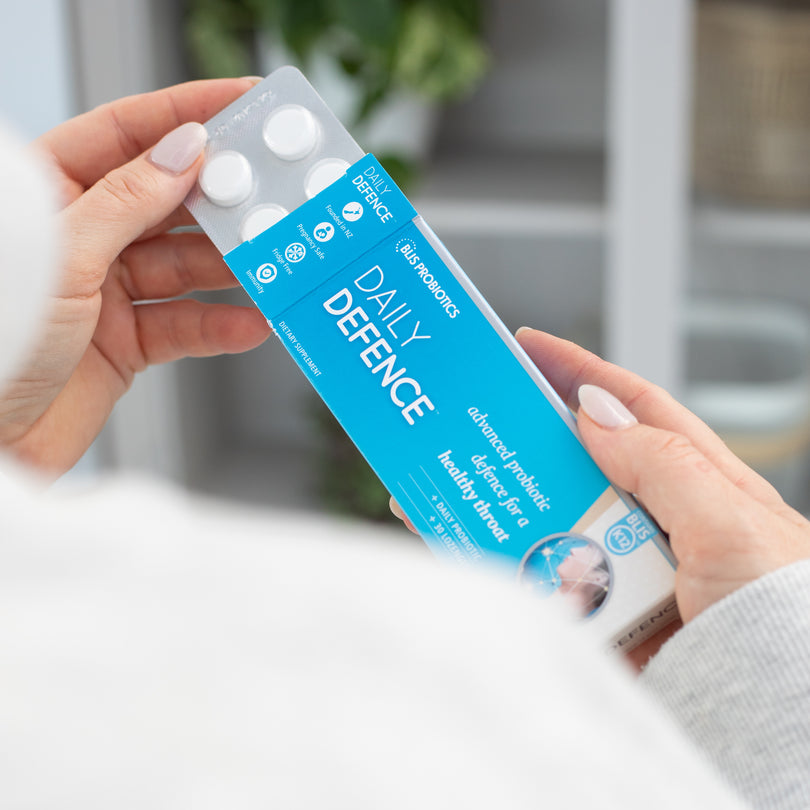According to the US National Institute of Health, our bodies contain trillions of bacteria. Most of this is bacteria that is found in our gut within our digestive system.
Whilst gut bacteria is essential for our overall health, certain kinds of bacteria inside our intestines are problematic. By supplementing existing good bacteria, however, we can crowd out bad bacteria.
The foods we eat play a key role in the types of bacteria found within our gut. However, we can support our overall gut health by eating better and taking probiotics. Below are some of the best natural gut health remedies using vitamins to improve your balance of gut flora:
Eat Various Beans, Fruit, Legumes, and Vegetables
One of the best natural remedies for gut health is to eat various types of beans, fruits, legumes, and vegetables. Such a diverse range of foods that are all high in fibre can considerably help improve your gut health.
In fact, a diet rich in vegetables and fruits can also help prevent the growth of the harmful bacteria that causes disease and discourages the development of good bacteria. The specific type of good bacteria that fibre contributes to is called Bifidobacteria, which is also found in some probiotics.
Take Probiotics
Probiotics are live bacteria that can support your health, including gut health. They help your body maintain a healthy amount of microorganisms, and can even help the microorganisms return to good health if they have been disturbed.
While vitamins for gut health do not usually colonise the intestines permanently, they benefit your health by supporting your metabolism and changing the microbiome's composition.
Whilst probiotics do not significantly change the microbiome's composition if you are healthy, they can improve the microbiome function and restore the good bacteria in your gut.
Get Enough Sleep
It is essential to get enough sleep, as lack of sleep can negatively impact your gut. You should aim to get between seven to eight hours of uninterrupted sleep every night.
Lack of sleep can cause bloating, stomach pains, inflammation, and changes to your gut’s microbiome. According to the Cleveland Clinic, low sleep levels also contribute to food sensitivities. Taking a gut health supplement and getting enough sleep is sure to help you improve your overall digestive health.
Stay Hydrated
Staying hydrated and drinking enough water throughout the day can help increase the diversity of bacteria in your gut, but the source of water makes a difference in your microbiota composition.
Drinking well water can increase the diversity of the microbiota in your gut, as opposed to filtered water, bottled water, or tap water. As long as you drink enough water, you are on track to encourage the growth of good bacteria in your gut. The Government of South Australia recommends men should drink about 2.5 litres of water a day, and women should drink about 2 litres daily.
Take Care of Your Teeth
Taking care of your teeth is another effective way to improve your gut health. Maintaining regular cleaning and frequent checkups reduces the risk of teeth and gum complications that can result in harmful bacteria building up in your mouth which, in turn, can travel to your gut, the Journal of Oral Microbiology explains.
To avoid gum disease, properly care for your teeth and look to avoid sugary foods, brush twice daily, and floss once a day.

Eat Foods That Are Rich in Polyphenols
Eating food that is rich in polyphenols - plant compounds that benefit your health - is proven to benefit your gut, Healthline explains. These benefits include lowered down cholesterol levels as well as reduced blood pressure, inflammation, and oxidative stress.
The cells in our bodies cannot always digest polyphenols, which is why they make their way to our colon and are digested by the bacteria in our gut. You can obtain a healthy amount of polyphenols from the following: broccoli, dark chocolate, almonds, grape skins, onions, green tea, red wine, blueberries, and cocoa.
The polyphenols found in these foods can increase the number of good bacteria like Bifidobacteria and lactobacilli in our bodies. These good bacteria are typically also found in supplements for gut health. They can also decrease the level of Clostridia, a harmful bacteria.
Eat Fermented Foods
Fermented foods typically undergo the process of fermentation, where the sugars they contain are broken down by bacteria or yeast.
Such types of foods contain a healthy amount of lactobacilli, which is found in many vitamins for gut health. Common fermented foods include kimchi, yoghurt, kombucha, kefir, sauerkraut, and tempeh.
Eating large volumes of fermented foods helps to increase the number of lactobacilli in your intestines. According to the research database, Antimicrobe, this can also lower the amount of Enterobacteriaceae, a harmful bacteria associated with multiple chronic conditions.
Conclusion
Preserving your gut health is crucial because it influences your overall health. Vitamins for gut health can help make your gut healthier. A healthy gut contributes to a strong immune system, improved mood, good brain health, restorative sleep, and can potentially prevent autoimmune diseases and cancers.
Support your gut health with UltraBLIS from BLIS Probiotics.





